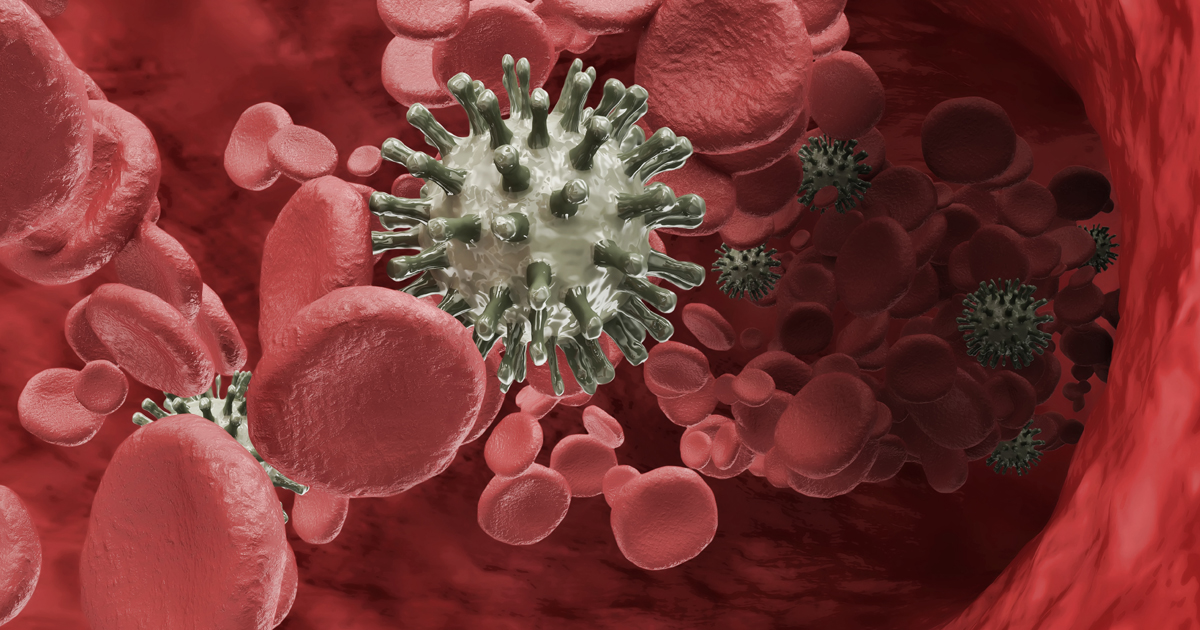Symptoms Of Leishmaniasis
Leishmaniasis is a disease caused by a sand fly bite. It’s frequently found in southern Europe, as well as in most tropical or subtropical areas. The disease can cause patients to present with one of two forms of the infection. The least serious of these is cutaneous leishmaniasis, which is known to cause sores on the skin. The more severe form is called visceral leishmaniasis, and it can affect virtually any of the internal organs, but the most likely ones are the liver and spleen, as well as bone marrow. Get to know the key symptoms of leishmaniasis now.
Pancytopenia

Pancytopenia is a condition that causes the body to have limited numbers of platelets, as well as red and white blood cells. Platelets are what allows blood to clot in an individual's body, while red blood cells transport oxygen and white blood cells help the body fight off various types of infection. If a patient is suffering from pancytopenia, symptoms can be wide-ranging. It’s also important to note mild cases don't usually cause any noticeable symptoms, so by the time a patient presents with these problems, the case is already fairly advanced. Some of the more common symptoms include bruising easily, as well as uncontrolled bleeding from what should be minor cuts or scrapes. Patients may also experience frequent nosebleeds or rectal bleeding. In some cases, patients start to get purple spots on the skin that grow larger over time, due to bleeding just under the skin. Patients may also experience a loss of color as well as fatigue, dizziness, and shortness of breath.
Reveal more leishmaniasis symptoms now.
Severe Weight Loss

One of the reasons patients routinely experience weight loss of a severe nature is because the body is at a significant disadvantage due to the drop in red and white blood cells as well as platelets. The body needs a healthy blood supply to function. When that supply is compromised, every system and organ in the body suffers. If this occurs rapidly, it is often fatal. Even if it occurs at a slower pace over a longer period, the body can only take so much stress before it starts to give out. One of the main signs the body is no longer compensating is severe weight loss. In addition, the loss of white blood cells means the body is far more susceptible to all kinds of infections, all of which further stress the patient. The fact there are fewer red blood cells to transport oxygen throughout the body only serves to make the body work that much harder. It all comes together to create the perfect storm, resulting in a rapid and often significant amount of weight.
Get to know more symptoms of leishmaniasis now.
Intermittent Fever

Patients may also present with a fever that seems to come and go. This can sometimes be difficult for doctors to catch, especially when the fever doesn’t last or it repeatedly goes away and comes back. This is especially likely to occur when a patient is dealing with some type of infection that has occurred as a direct result of the reduction in white blood cells. Whenever an infection is present, the body will attempt to fight it off by sending white blood cells to the source of the problem. This creates a subsequent rise in body temperature, signaling the body is working to fend off any infection present. However, when there are not enough white blood cells, the body may not be able to keep up with the spread of infection. This can cause the body temperature to rise and then fall again. In addition, patients experiencing many infections are likely to have repeated bouts of fever that may come and go as the body fights to stabilize.
Keep reading to get to know more leishmaniasis symptoms.
Hypergammaglobulinemia

Hypergammaglobulinemia typically occurs as the direct result of an infection, though autoimmune disorders and some cancers can also be responsible for its presence. It’s a condition in which there are too many immunoglobulins, or antibodies, in the bloodstream. It frequently happens when the body is forced to fight off an infection, which upsets the immune system and sends the body’s resources into overdrive. Any bacterial or viral infection can cause it, as well as liver disease. Patients who are suffering from it often present with symptoms such as fatigue and stiffness in the joints, as well as general inflammation and swollen lymph nodes. Upon clinical inspection, they are usually found to have deficiencies of some key antibodies and an increase of gamma globulins in their blood.
Reveal the next symptoms of leishmaniasis now.
Enlarged Liver And Spleen

The liver and the spleen are two of the organs most easily compromised by leishmaniasis. That means both organs are likely to become enlarged over time, especially if the condition goes unchecked for an extended period. In much the same way that the heart can become enlarged when it is forced to work too hard over a long time, so too can the liver and spleen. The condition often becomes more pronounced as the body grows weaker, especially when various infections begin to take hold.
Eventually, the patient may start to present with additional symptoms more directly related to the enlargement of these organs. The patient may have abdominal pain, nausea, abdominal tenderness, or jaundice. In some severe cases, the spleen may have to be removed to prevent it from rupturing, which would be immediately life-threatening. If the condition is caught early enough, the patient may be managed with medication aimed at controlling the leishmaniasis itself, as well as any additional symptoms that occur as a result.
